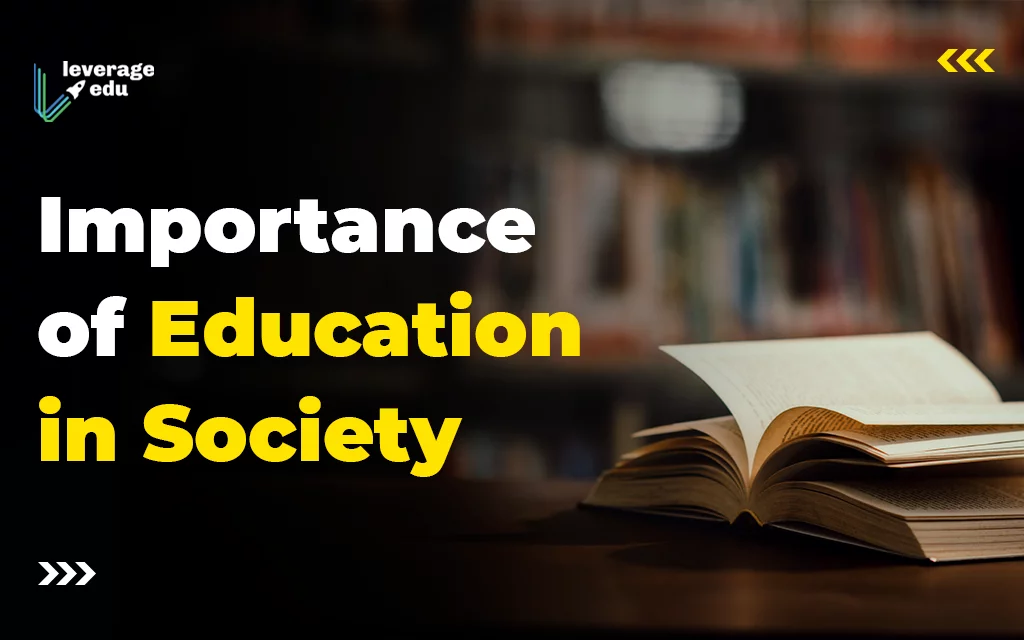Describe the provisions for education in the Indian Constitution.
The Provision for education in the Indian Constitution.
Article 45, of the Constitution of India originally stated: “The State shall endeavor to provide, with in a period often years from the commencement of this Constitution, for free and compulsory education for all children until they complete the age of fourteen year.”
This article was a directive principle of state policy within India, effectively meaning that it was within a set of rules that were meant to be followed in spirit and the government could not be held to court if the actual letter was not followed. However, the enforcement of this directive principle became a matter of debate since this principle held obvious emotive and practical value, and was legally the only directive principle within the Indian constitution to have a time limit. Following initiatives by the Supreme Court of India during the 1990s the Ninety-third amendment bill suggested three separate amendments to the Indian Constitution:
The constitution of India was amended to include a new Article, 21A, which read: The State shall provide free and compulsory education to all children of the age of six to fourteen years in a such manner as the State may by law, determine.
Article 45 was proposed to be substituted by the article which read : Provision for early childhood care and education to children below the age of six years: The State shall endeavor to provide early childhood care and education for all children until they complete the age of sixteen years.
Another article, 51A, was to additionally have the clause: a parent or guardian [shall] provide opportunities for education to his child or as the case may be, [a] ward between the ages of six to fourteen years.
The bill was passed unanimously in the Lok Sabha, the lower house of the Indian Parliament, on November 28, 2001. It was later passed by the upper house the Rajya Sabha on May 14, 2002. After being signed by the President of India the Indian Constitution was amended formally for the eighty sixth time and the bill came into effect. Since then those between the age of 6-14 years have a fundamental right to education.
Article 46 of the Constitution of India holds that: The State shall promote, with special care, the education and economic interests of the weaker sections of the people, and in particular of the Scheduled Castes and Scheduled Tribes, and shall protect them from social injustice and all forms of social exploitation. Other provisions for the Scheduled Castes and Scheduled Tribes can be found in Articles 330, 332, 335, 338, 342. Both the 5th and the 6th Schedules of the Constitution also make special provisions for the Scheduled Castes and Scheduled Tribes.





